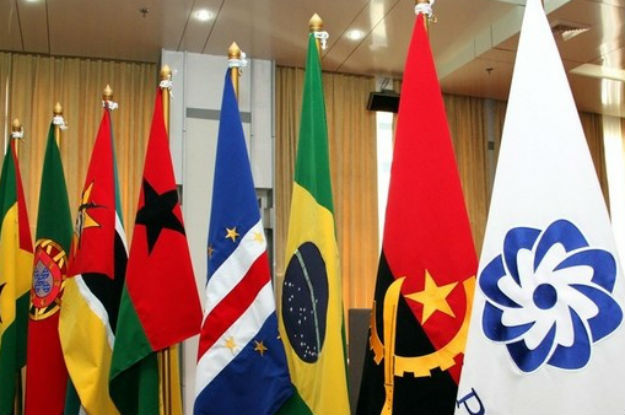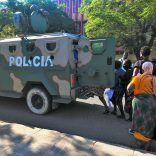Mozambique to reduce powers of provincial Secretaries of State
Mozambique: CPLP must develop strategies to prevent terrorism – Lusa

File photo: Lusa
Academics yesterday said that the Community of Portuguese Speaking Countries (CPLP) should develop “prevention strategies” to counter global threats, including terrorism, especially since the community “does not have the military capacity” to intervene in the armed conflict in Cabo Delgado.
“We should look at the situation in Cabo Delgado as something which could happen in any CPLP country and, from there, outline strategies to prevent global threats, including new threats such as terrorism. Prevention is a very important aspect,” Mozambican academic Paulo Wache said.
Wache was one of the speakers at the virtual CPLP Strategic Analysis Centre (CAE/CPLP) seminar on the theme: “The strategic triangle of CPLP: the centrality of Mozambique and its geostrategic importance.”
Paulo Wache also said that “the CPLP cannot be condemned for having done nothing” in relation to the attacks in northern Mozambique, saying that, as a first step, “the affected country must express interest”, a principle stemming from respect for its sovereignty.
The Mozambican government last week asked the European Union (EU) for logistical and training support in its battle against the armed incursions in Cabo Delgado, but no request has so far been made to the CPLP.
“We are not aware of any steps taken in relation to the CPLP, but Mozambique, as a sovereign state, will have to contact the community through diplomatic channels,” Wache said.
Portugal’s Lieutenant-Colonel Luís Bernardino said that “the CPLP does not have the military capacity” to intervene in the armed attacks in Cabo Delgado under the community’s existing cooperation framework.
“We cannot expect the CPLP to put a force on the ground with the capacity and the means to carry out war-like operations in Cabo Delgado. It is difficult for this to happen within the regional cooperation framework,” he observed.
Bernardino said the CPLP would best be able to help in Cabo Delgado by creating space for reflection on the situation in the province, placing it on the “African and global agenda” for possible solution.
“Eventually, the solution will go through a regional intervention framework so that, in an articulated way, the solution is taken to the Cabo Delgado region,” he added.
Academics during the seminar flagged Portugal as an important element for the projection of the CPLP at EU level, dubbing it the community’s “spokesperson”.
“Portugal can play a very important role in increasing the visibility of the CPLP in the EU, contributing to its greater visibility and development,” Mozambican academic Hosten Ali said.
The community must also “cultivate positive interaction” among its members, promoting its activities and the active participation of citizens.
“There is no point in holding conferences while, in fact, the people do not know [about] the CPLP. We must invest in the people,” Wache said.
In addition to Mozambique, eight other states are members of the CPLP: Angola, Brazil, Cape Verde, Guinea-Bissau, Equatorial Guinea, Portugal, São Tomé and Príncipe and Timor-Leste.
Mozambique’s northern province of Cabo Delgado, home to developing natural gas exploration projects, has, since October 2017, seen attacks by armed groups which have, in addition to destroying much social infrastructure, killed more than 1,000 people and displaced a further 300,000.
Some attacks have been claimed by the Islamic State jihadist group, but the perpetrators’ real intentions remain unclear, investigators also citing internal causes such as ethnic and socio-economic tensions.












Leave a Reply
Be the First to Comment!
You must be logged in to post a comment.
You must be logged in to post a comment.